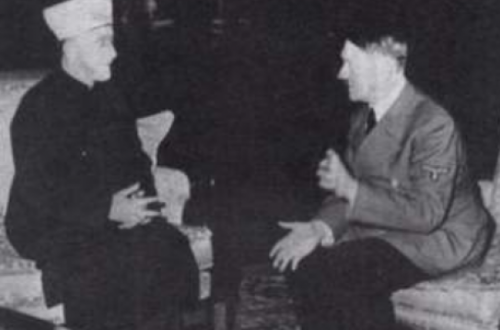Last week Sara Khan wrote an excellent piece in the Telegraph, outlining her concerns about both the Trojan Horse affair itself and the weak and evasive responses it elicited from some groups and individuals, including the MCB.
Robin Richardson, formerly of the Runnymede Trust, has now added his own contribution to Trojan Horse apologetics. If this was the first you had heard of the scandal, it would leave you none the wiser about just what has been going on in some Birmingham schools. It begins with an assertion that the various recent damning reports are unsound, and then suggests that media coverage might have swayed the views of those giving evidence. This would be a weak argument even if the point about the media was a fair one. But in fact some media coverage was decidedly biased against the allegations – the Guardian is the obvious example.
Richardson refers to the ‘flagrant inaccuracies and distortions and the virulent racist and anti-Muslim stereotypes, in much of this summer’s press coverage’. Any anti-Muslim bigotry in the media is worth addressing, although I think Richardson perhaps exaggerates the issue. But it shouldn’t allow us to be distracted from the real problems in Birmingham – characterizing legitimate concerns as racist accomplishes nothing except to feed bigotry.
Eventually Richardson begins to offer the basis for a possible critique of the Clarke report – for example ‘hearsay is presented as fact’ – but without any sustained analysis of the methodology/content of that very long document. He complains that some of those who contributed their evidence may be ‘malicious, prejudiced or downright wrong’, but doesn’t seem to be free from bias himself:
On the rare occasions that hard evidence is supplied – for example, there are quotations from social media conversations amongst a small group of teachers, and quotations from a fine publication by the Muslim Council of Britain (MCB) – it is open to a range of different interpretations, and therefore does not persuasively support Clarke’s conclusions.
Here’s just one reminder of the kind of comment which was made on the What’sApp discussion group. This is Nansen Primary Deputy Head Razwan Faraz on equal marriage:
These animals are going out full force. As teachers we must be aware and counter their satanic ways of influencing young people. (p. 62)
Exactly what ‘range of different interpretations’ does Richardson find in those words?
And that MCB document was most certainly not a ‘fine publication’ – Clarke’s assessment, quoted by Richardson, is much closer the mark:
“[Clarke] implies also that the document is strident and demanding, when in fact it is reasonable, moderate, positive and helpful.”
Richardson goes on to grumble about Gove’s implied comparison between Islam and a swamp. That’s actually a reasonable point, but it’s about the only one he makes. It’s a pity that, when there have been some excellent responses to the Trojan Horse findings from Muslims – from Shaista Gohir and Usama Hasan, for example, as well as Sara Khan – Richardson, in trying to counter Islamophobia, seems guilty himself, according to the Runnymede definition. In assuming all opposition to the Trojan Horse events is anti-Muslim, and blanking out concerned Muslim voices, he projects a ‘closed’ view of the religion, seeing:
Islam seen as a single monolithic bloc, static and unresponsive to new realities.
This seems particularly ironic as he was Director of the Runnymede Trust between 1991 and 1996, one year before it published its paper on Islamophobia.
Hat Tip: Joshua


